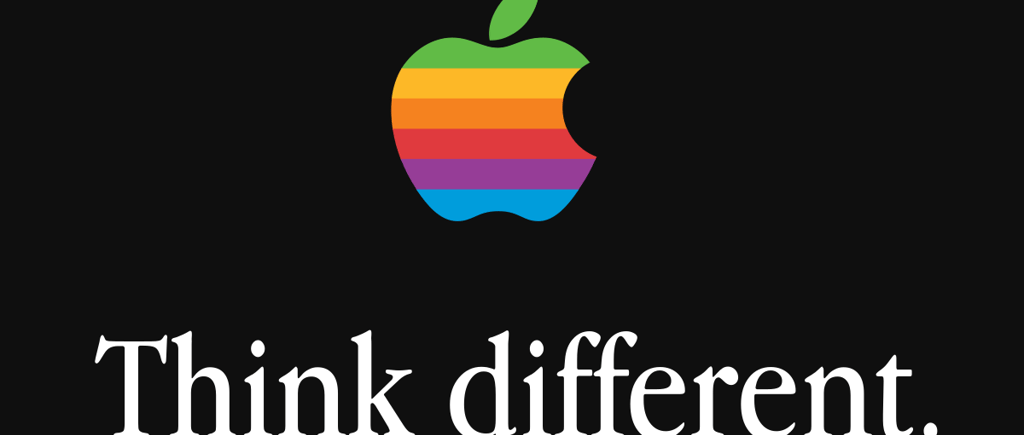Can you trust your marketing content to AI?
Thoughts on the promise, and risk, of AI generated content
Clare Hawken
9/24/20253 min read


In a startling short period of time, AI has become part of our lives. It’s being discussed over lunch. It’s in our workplaces and homes. It’s providing therapy to people, helping students plan essays, helping office workers craft their emails. Most LLM s have been trained on some of the best literature the world has to offer and so, naturally, it sounds pretty good. So can you trust it to write your marketing content?
Let’s hark back to one of the iconic marketing campaigns. Apple’s ‘Think different’ broke the mould back in 1997. For the first time, a brand was creating an emotional connection with its consumers, rather than talking about product features. It called to the crazy ones, the misfits, the rebels, and showed Einstein, Picasso, Amelia Earhart, Alfred Hitchcock. Could AI have produced such a campaign, breaking with the conventions of marketing at the time? Can AI, in short, think different?
Full disclosure: one of my hats is indie author. I love to write. Sitting in front of a blank page and creating something from nothing is fun for me. Often I reread what I wrote months earlier and think, ‘I do not remember writing this.’ It’s a strange thing, the human brain and the connections it makes. How three pieces from the news on completely different topics can fuse in your mind and become (quite some time later) a 100,000 word novel featuring people who aren’t real and situations that didn’t happen. And that’s why they call them novels. New things happen in them.
So is AI any good at producing genuinely new things? After all, the job of marketing is to produce new things. That’s why innovation is the life blood of a brand. Keep doing the same thing and at best, you stand still. Do something genuinely different, that attracts the notice of a consumer in the increasingly busy attention marketplace we’re all operating in – a breakthrough new product; even better, a whole new category; a new ad that looks entirely different to the wallpaper people ignore on TV or in print; a new social media post that attracts hundreds of thousands of likes – and you’re growing.
A study in 2024 from University of Exeter Business School and Institute for Data Science and Artificial Intelligence as well as the UCL School of Management tested exactly this question – can AI produce genuinely new things – by asking people to write a short 300 word story. The target audience was young adults and, importantly, the respondents were tested to see how inherently creative they were before they wrote a word. The researchers found that AI made those deemed less creative produce work that was up to 26.6% better written and 15.2% less boring. Those stats are good, aren’t they? Except the clue is in the words ‘those deemed less creative’. People who aren’t naturally creative were made more so by using AI to craft their story. However, the good news stops there, because the study goes on to say that the work of more creative writers was not enhanced by the use of AI. In fact, the study warns that while AI may enhance individual creativity it may also result in a loss of novelty overall, as AI-assisted stories were found to contain more similarities to each other and were less varied and diverse. I’d argue there was a loss of genuinely new ideas. The kind of ideas that stand out to jaded consumers when they see them.
So I would be very reluctant to trust AI to produce my marketing content. I’m sure it can take an existing marketing campaign and tweak it. But something revolutionary? Creative human brains have produced every bit of content that has ever amazed us until very recently. Maybe that’s about to change. But I’d still bet on people – the crazy ones, the misfits, the rebels – over AI to produce something genuinely new every time.
